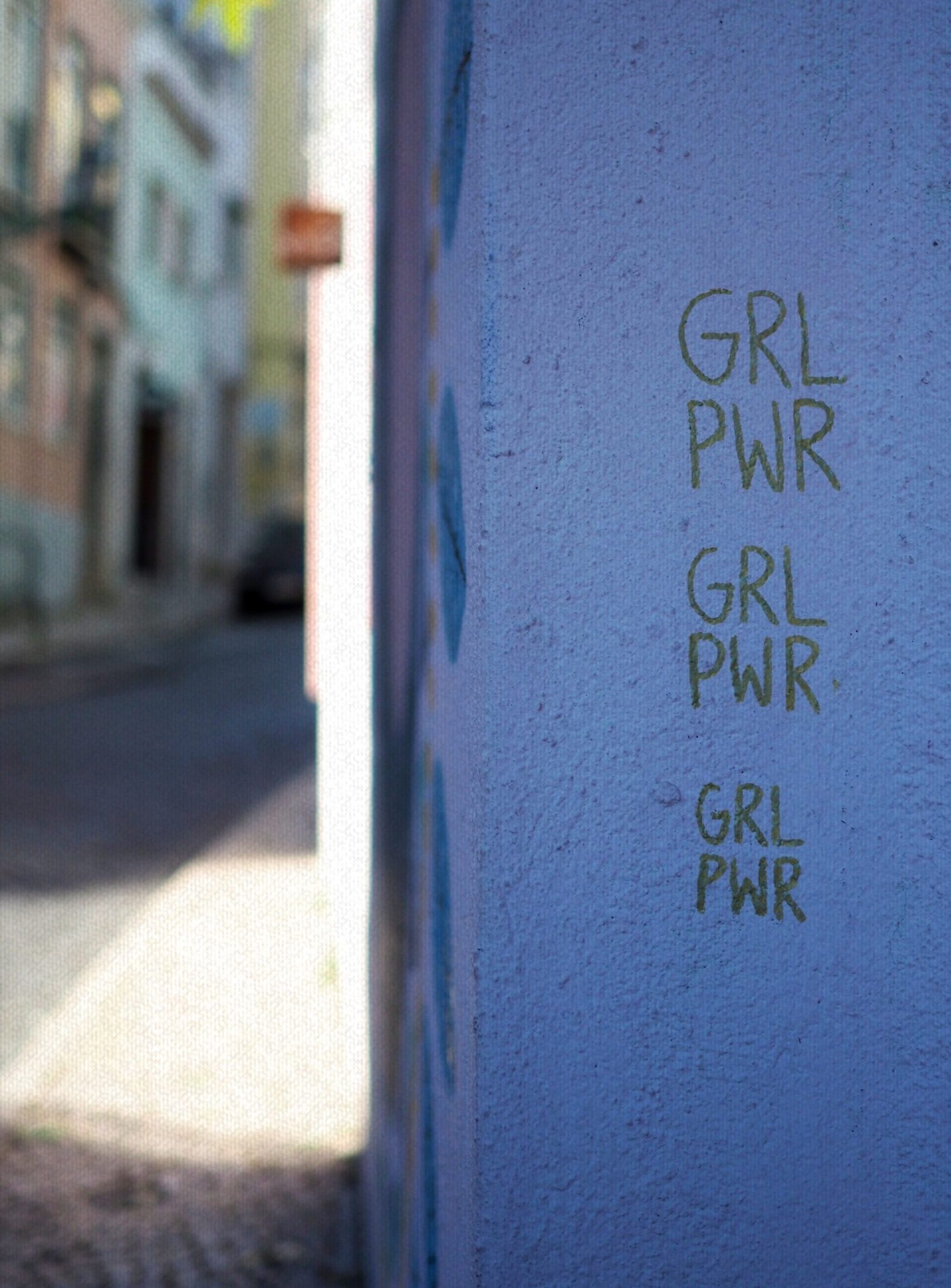
Life&Style Writer Anya Logue explores the recent events in Cyprus and how they relate to the broader systematic issues regarding sexual assault
Content Warning: This article contains themes of sexual assault which some readers may find distressing.
In January of this year, a 19-year-old British woman was allegedly gang raped by 12 young men in her hotel room in Ayia Napa, Cyprus. There is suspicion that the case was mishandled by authorities, who treated the victim like a criminal, and reportedly coerced her into signing a statement admitting that she had made the rape up. Evidence such as bruises consistent with sexual assault and used condoms were ignored by the police. The incident has sparked a fury of activism in Cyprus against this victim-blaming attitude.
“The case in Cyprus is symptomatic of a larger problem in the Western world surrounding how our legal system and culture treats sexual assault victims
Feminist activism in Cyprus is only in its fledgeling stages. The country’s political turmoil since split in 1973 has taken priority over human rights concerns. However, the Briton’s case has shifted people’s focus towards women’s rights. Crowds holding banners proclaiming their support for the victims, with messages like ‘we believe you’ and ‘we are on your side’ show a clear agreement among the people that the victim was abused by the system. The activism sparked by this case is a definite step in the right direction. But so much more is still to be done.
“We should all be inspired by the protests in Cyprus. We have seen in the past few years that they can and do have concrete impacts
The case in Cyprus is symptomatic of a larger problem in the Western world surrounding how our legal system and culture treats sexual assault victims. The extent of this varies from country to country, but even in the most liberal states, both men and women face an uphill battle when telling their stories of sexual crimes committed against them. Too many people find their stories are dismissed as insignificant. In our popular culture, there is a constant stream of references to behaviour that constitutes sexual assault, and far too often these make light of the seriousness of these crimes. From fairytales where the happy ending stems from a man kissing an unconscious woman, to throwaway lines in sitcoms about getting girls drunk to sleep with someone, the media is oversaturated with the idea that consent is not always essential. This goes for all genders. Once you start looking, you will find that rape culture is everywhere.
We should all be inspired by the protests in Cyprus. We have seen in the past few years that they can and do have concrete impacts. The #MeToo movement has caused alleged rapists to lose their positions and reputations, and Harvey Weinstein has now been found guilty of two counts in his ongoing sexual assault trial. But the work in dismantling the culture that allows sexual assault to occur at all in such a widespread manner is far from over. We must keep the momentum going to continue the protest.
If you have been affected by the issues raised in this article, the following organisations can be contacted for guidance and support:
University of Birmingham Guild of Students: https://www.guildofstudents.com/support/health-and-wellbeing/assault-and-harassment/
NHS Birmingham Community Healthcare: https://www.bhamcommunity.nhs.uk/professionals/safeguarding/safeguarding-adults/sexual-abuse-awareness/
NHS Live Well: https://www.nhs.uk/live-well/sexual-health/help-after-rape-and-sexual-assault/
Comments